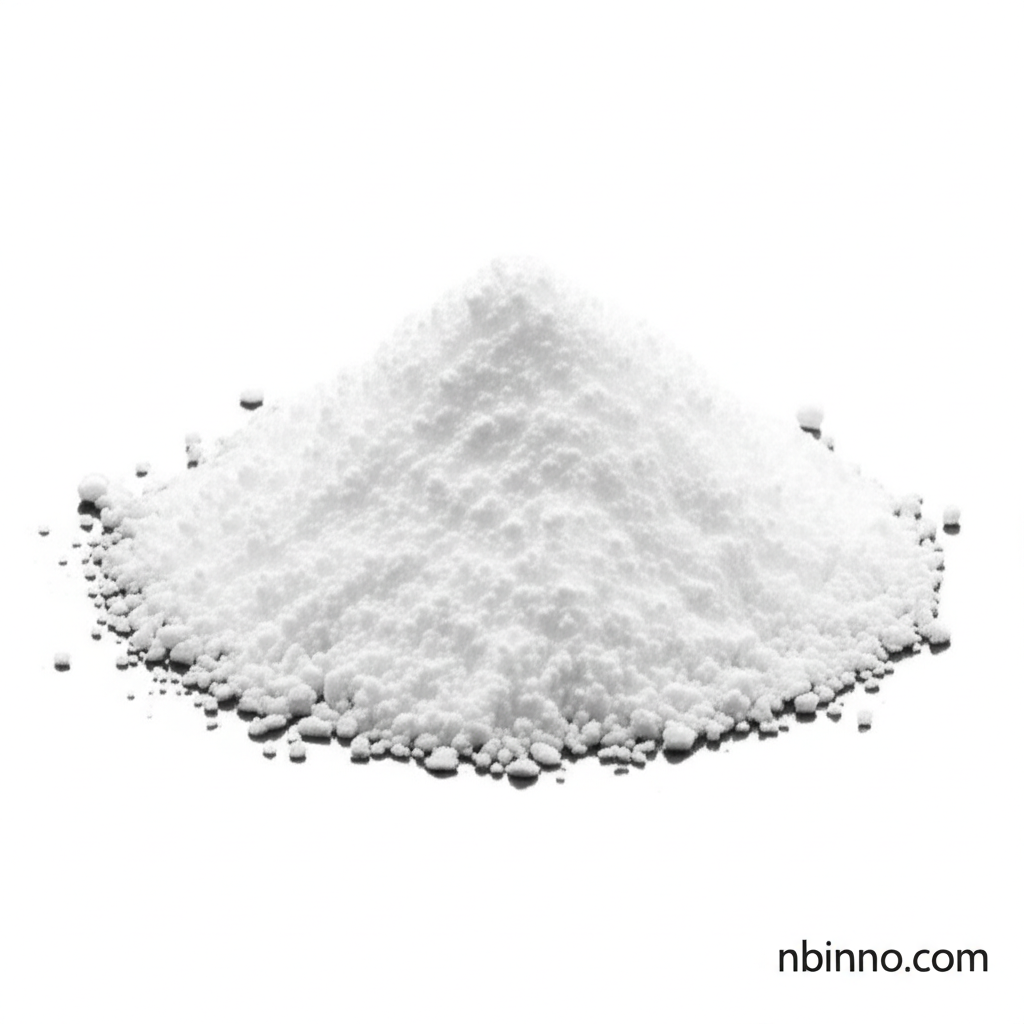Triethylenediamine (TEDA) CAS 280-57-9: A Versatile Catalyst for Polyurethane and Organic Synthesis
Explore the diverse applications and key properties of TEDA, a leading catalyst in polyurethane production and organic chemistry.
Get a Quote & SampleProduct Core Value

Triethylenediamine
Triethylenediamine (TEDA), identified by CAS number 280-57-9, is a highly sought-after bicyclic organic compound known for its exceptional performance as a tertiary amine catalyst. Its unique molecular structure contributes to its strong basicity and high catalytic activity, making it indispensable in various industrial and chemical synthesis processes.
- Leverage TEDA as a key triethylenediamine catalyst for polyurethane foam production, enhancing reaction efficiency between polyols and isocyanates.
- Utilize TEDA CAS 280-57-9 uses extend to a broad spectrum of organic synthesis, acting as a potent nucleophilic base and catalyst.
- Incorporate 1,4-diazabicyclo[2.2.2]octane organic synthesis applications to drive reactions like the Baylis–Hillman reaction and other coupling processes.
- Benefit from TEDA's role as an amine catalyst for polyurethane coatings, ensuring superior performance and durability.
Key Advantages of Triethylenediamine
Exceptional Catalytic Activity
Experience accelerated reaction rates in polyurethane formulations and organic synthesis, supported by TEDA's robust catalytic power as an amine catalyst for polyurethane coatings.
Broad Applicability
From flexible and rigid foams to advanced chemical intermediates, TEDA's versatility makes it a valuable asset across multiple industries, aligning with the broad TEDA CAS 280-57-9 uses.
Chemical Synthesis Versatility
As a strong base and nucleophile, TEDA is crucial for numerous transformations in 1,4-diazabicyclo[2.2.2]octane organic synthesis, enabling complex molecular construction.
Key Applications
Polyurethane Foam Production
TEDA is a cornerstone catalyst in the manufacturing of various polyurethane foams, improving the reactivity of isocyanates with polyols, crucial for achieving desired foam properties.
Chemical Synthesis
Its nucleophilic and basic nature makes TEDA an essential reagent in numerous organic reactions, contributing to the efficient synthesis of complex molecules and fine chemicals.
Polymer Industry
TEDA acts as a curing agent or catalyst in the production of polymers like epoxy resins, enhancing their structural integrity and performance characteristics.
Gas Purification
In specific industrial processes, TEDA is employed to remove acidic impurities from gases, contributing to cleaner industrial operations.
